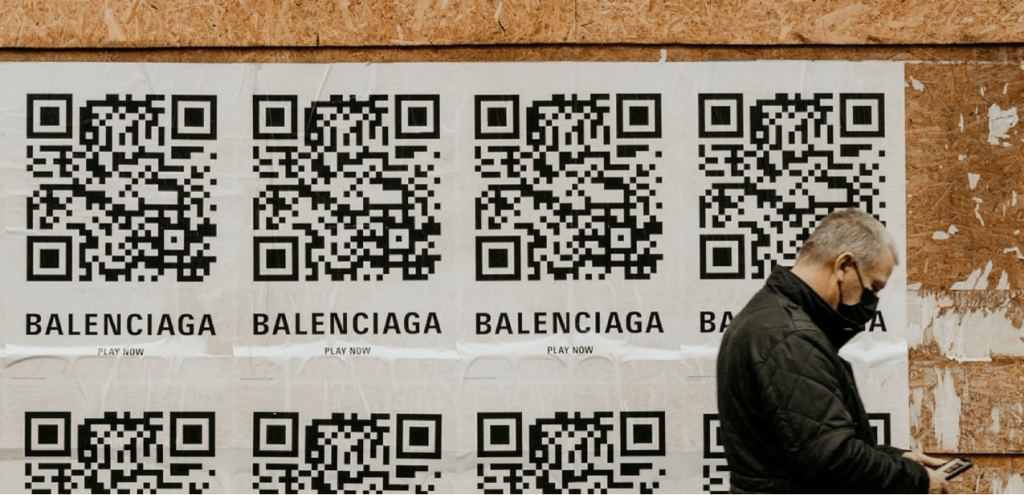
Change is in the Air
Europe pushes ethical practices to the forefront
Sustainability and social accountability are increasingly important factors to consider in your business. Not only are they becoming deciding factors for consumers, but governments and supranational organizations are honing efforts to require sustainable and socially-ethical business practices. And non-compliance comes with a price.
In 2011, the UN implemented its “Guiding Principles on Business and Human rights, “which serves the purpose of combating child labour, exploitation and slavery and to anchor more responsibility for the observance of human rights at companies” (Prewave, “What is Lieferkettengesetz?: The German Supply Chain Law”, 2021).
While most people agree that combating human rights breaches and sustainability efforts within our businesses is important, areas like sustainability and increased supply-chain transparency (which often exposes issues of child labor and unsafe working conditions) often feel like quixotic ideals with little ways to track tangible progress. Couple this with the fact that formerly “existing guidelines and standards in the context of human rights…were all based on the principle of voluntary self-commitment” and it’s no wonder why we still have huge strides to make in this space (Addleshaw Goddard, “The New German Supply Chain Act”, 2021). Governing bodies have recognized that we cannot expect people to voluntarily comply when there’s little business incentive. In fact, “German monitoring in 2020 showed that not even 20 percent of companies with more than 500 employees complied with the due diligence obligations set out in the ‘National Action Plan on Human Rights’” (“The New German Supply Chain Act”). It’s evident that in today’s world, to create lasting change, we must take a systemic approach. In this white paper, we’ll look at two ways European bodies are implementing that change, and why you should care (hint: it could cost you big time).

Contact Tracing
Introducing the Digital Passport
“By 2050, we will be consuming as if there were three planets Earth. As our natural resources are finite and our climate is changing, it is necessary to steer away from our current take-makewaste society and aim for a circular economy.” European Parliament, 2021
In September 2020, the European Commission released the plan for its Sustainable Products Initiative – “an ambitious new vision for legislative reform that will establish minimum sustainability and information requirements for products sold in the European Union (EU)” (Beveridge and Diamond, “European Commission Launches Roadmap for Sustainable Products Initiative to Usher in New Era of Product Regulatory Requirements”, 2020).
According to this same article by Beveridge and Diamond, the EU market “increasingly function[s] as direct models for state-level regulatory initiatives.” They go on to say that “for this reason, product manufacturers in the United States and elsewhere have a direct interest in this emerging wave of ‘circularity’- focused initiatives, even if their products are not intended for export to the EU market.” In other words, European nations are forecasting what’s to come in the US, and the sorts of business initiatives that should be priorities for US and global companies alike.
The European Parliament recognizes how, in “a digitalised society, consumers and producers demand up-to-date and accurate information on the sustainability of their products and its sources.” Consumers also want a way to locate this data quickly, without having to do a ton of research on their own before purchasing a product. This is where companies need to make transparency a priority through easy accessibility.
As a means to satisfy this need, the European Parliament also supports initiatives to provide digital product passports, which would include digitized data (i.e. scannable, etc.) on the environmental impact of goods as well as the broader narrative around “spare parts, semifinished products, recyclability and the life cycle impact of a product”.
In this context, a concept that is gaining attention in the political agenda is the development of a Digital Product Passport (DPP)… From the anchoring in high-level policy strategies, one can derive the high expectations on the DPP as an essential new tool for enabling a holistic and comprehensive recording of sustainability aspects in the future.
In today’s data-driven world, the ability to connect with a product, and have all the information necessary to determine if the product is sustainable and ethically-sourced, is empowering for consumers. For businesses, it’s going to become necessary.

Liefer Madness
Lieferkettengesetz—The German supply chain law you don’t know about, and how ignoring it could cost you
Meet Lieferkettengesetz—the new German supply chain law you may have never heard of is a crucial component for implementing the UN’s Guiding Principles. These principles “include but are not limited to environmental damages, exploitations and unfair business practices. Special care needs to be taken with raw materials, determining their sustainability and making sure there are no conflict minerals involved in the supply chain. Last but not least all service providers and logistics partners in the supply chain also need to be monitored and evaluated to prevent sustainability risks from these external factors.” (Prewave, “What is Lieferkettenggesetz?: The German Supply Chain Law”, 2021).
Under Lieferkettengesetz, companies will be required to take the steps necessary to comply with regulations and provide proof of due diligence. In effect, the Supply Chain Act makes “compliance with human rights due diligence obligations in supply chains mandatory” when they were previously voluntary (Addleshaw Goddard “The New German Supply Chain Act”).
So what exactly does this mean? In reality, many companies lack supply chain insight and don’t have the resources required to fully access the data they’d need to make a fair assessment of their supply chains. As a result, the risk for non-compliance is high for many brands.


Vi3–Your New Eyes and Ears
We can help you know what you don’t know
The implementation of new systems often leaves companies scrambling for new solutions. In a time where multi-step systems need to be put in place in order to meet changing demands, you must start implementing change early. With increased accountability around supply chain visibility, ethical sourcing, sustainability, and fair working conditions, just to name a few, companies are going to be held responsible for every step of the way: from the raw materials to the finished product.
According to Prewave, a “risk management system in the supply chain is needed to comply with the corporate due diligence” requirements, and the “most effective protection is certainly a transparent supply chain, with sufficient depth of information, from the direct supplier to the raw material needed for the components or materials.” The Vi3 system allows you to track towards new standards, with live-time data on where your products are, where they’re coming from, and what components have gone into manufacturing them. When using third-party manufacturers, businesses give up visibility into what happens in the time between purchasing orders to when the product ships. Vi3’s technology allows you to be a part of that process, without leaving your home office.
We are able to offer data crucial to brands and consumers in understanding both the origin and impact of their products. Whether you want to know what percentage of your business’ output is produced through sustainable means, or if you want your consumer to know the life cycle of a particular product repurposed in tomorrow’s circular economy—we can grant that knowledge to you. Don’t wait until a multi-thousand dollar fine reaches your desk. Reach out today instead; our experts are always available to talk.